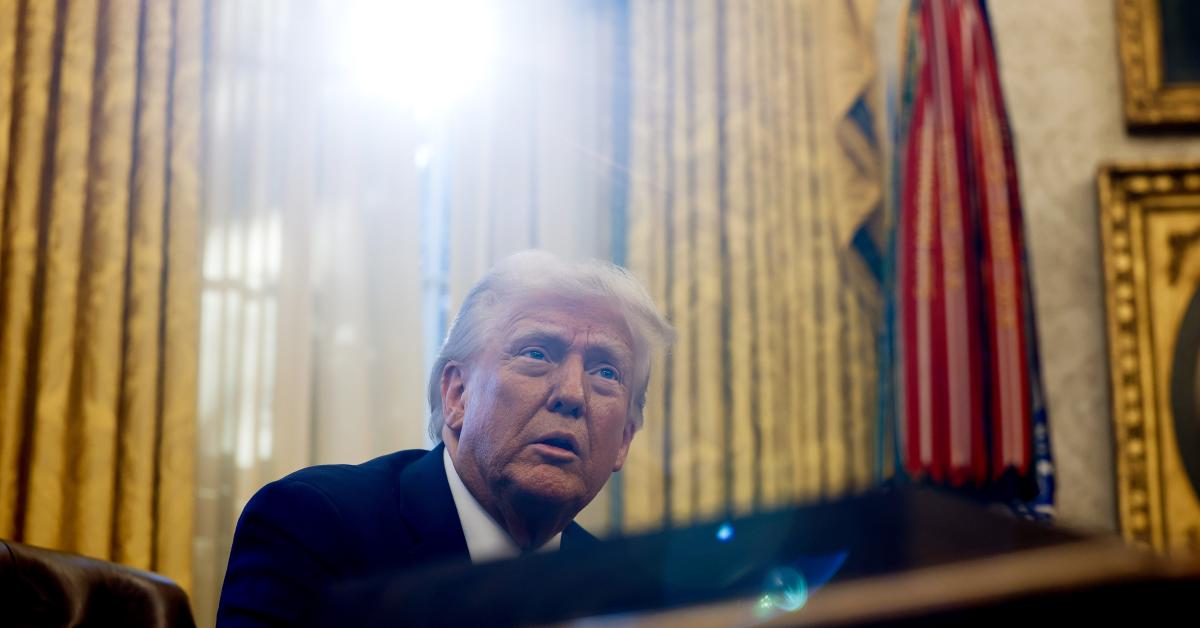Senate Republicans have rolled out their version of President Donald Trump’s much-anticipated plan, which features significant changes to Medicaid and the rollback of renewable-energy tax credits. These moves align with Trump’s vision of a more streamlined government and less interference in the market. The Senate Finance Committee, led by Chairman Mike Crapo, unveiled this legislation with the aim of solidifying Trump’s economic policies.
Chairman Mike Crapo emphasized that the proposal is designed to keep taxes low for Americans and boost the economy. He stated, “This bill prevents an over-$4 trillion tax hike and makes the successful 2017 Trump tax cuts permanent.” The approach is aimed at providing stability for families and businesses, allowing them to plan long-term with confidence.
One of the key aspects of the proposal is the reduction in Medicaid spending. By limiting the Medicaid provider tax to 3.5%, the plan diverges from the House’s more stringent measures. These changes are part of a broader strategy to balance state and federal responsibilities in funding healthcare.
Additionally, the plan proposes cuts to state-directed payments to hospitals, a move that could shift how states allocate resources. The Hill reports that these adjustments are coupled with new work requirements for Medicaid recipients with children over 14. These requirements could involve jobs, community service, or educational pursuits, demanding at least 80 hours a month.
Fox News notes that these Medicaid changes aim to promote personal responsibility and reduce dependency on government assistance. By encouraging work and education, the plan hopes to foster a more self-reliant citizenry. This aligns with conservative values of individualism and limited government.
The New York Post highlights that these proposed measures are part of a broader effort to roll back policies from the Biden administration. By cutting renewable-energy tax credits, the legislation seeks to prioritize traditional energy sources that have long powered the American economy. This shift is seen as a return to energy independence and economic growth.
Newsmax adds that these tax cuts and incentives are intended to stimulate domestic investment. By providing businesses with the certainty of permanent tax cuts, the plan aims to spur economic activity and job creation. This approach reflects the belief that a thriving private sector is key to national prosperity.
The proposed legislation also aligns with the Trump administration’s focus on deregulation. By reducing the tax burden and government intervention, the plan seeks to unleash the full potential of the American economy. This is in keeping with the Reagan-era philosophy of smaller government and greater freedom for individuals and businesses.
Critics argue that cutting Medicaid and renewable-energy credits could have negative impacts. However, supporters believe that these changes will lead to greater efficiency and economic vitality. By prioritizing market-driven solutions, the plan aims to address the nation’s challenges with innovation and entrepreneurship.
Senate Republicans are working to pass this legislation before the July 4 deadline. The goal is to align with President Trump’s domestic policy agenda and deliver on promises of economic growth. The process will require negotiation and compromise, particularly with the House, which has its own version of the plan.
The debate over this legislation is likely to be intense, reflecting the deep divisions in Congress. However, proponents remain optimistic that the benefits of tax cuts and regulatory reform will prevail. They argue that these policies have a proven track record of success and are essential for the nation’s future.
Misty Severi, reporting for Just The News, provides ongoing coverage of these developments. She highlights the potential impact of the legislation on American families and businesses. With the clock ticking, all eyes are on Congress to see how this significant policy initiative unfolds.
The political landscape is charged as lawmakers weigh the merits of the proposal. With so much at stake, the discussions in Washington are sure to be closely watched by constituents and stakeholders alike. As the debate continues, the focus remains on finding solutions that strengthen the economy and support American values.



